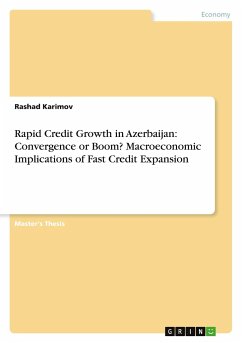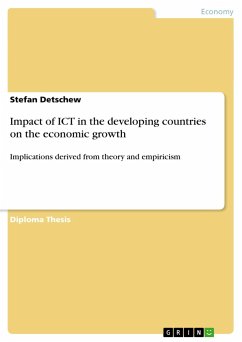Master's Thesis from the year 2008 in the subject Economics - Macro-economics, general, grade: 1.3, University of Wuppertal, language: English, abstract: At the beginning of the 21st century, information and communication technologies (ICT) play an important role in the globalisation process. Mobile communications market is one of the youngest and most important sectors of ICT and is characterised by significant growth rates across the OECD. Nowadays, thanks to the Third Generation (3G) mobile technologies allowing high data rates one can speak of multiple play in the mobile service sector (voice, data and video). However, as regards mobile market dynamics there are considerable differences even among OECD countries. The aim of this paper is to show the differences and similarities of the expansion of mobile digital services in countries, which have achieved the most significant progress in this sector: Japan, South Korea and EU in general, as well as Germany in particular. Particular attention will be paid to the mobile TV as an emerging technology that is able to change our understanding of mobile digital services. Moreover, taking into consideration the theories of the mobile services, it should be shown how different regulatory approaches in the selected countries affect dynamics of their mobile markets.This paper consists of three parts. The first part deals with dynamics of mobile digital services across the OECD countries including the following issues: development and recent trends in the mobile communications market in general, evolution from 2G (Second Generation) to 3G mobile services, convergence of WiMAX, WLAN and 3G. Furthermore, particular attention will be paid to new technologies allowing mobile television. Finally, the distinctive features of mobile services in Japan, South Korea and the European Union will be considered. In this context it will be very important to show how differences in vertical network relationships in Europe and Japan affect the expansion of mobile digital services.The second part of the paper is theoretical. Here two theories will be introduced and described: the theory of two-sided markets and the theory of network interconnection. These theories contribute to better understanding of the mobile market regulation issues and help to choose an adequate regulation policy.The third part of this paper mentions the most important regulatory issues and problems in the OECD countries and worldwide, particularly as regards mobile television. Further, the chapter will describe different regulatory approaches in the European Union, Japan and South Korea.








